– "We must not fall for any provocations. In times of war, strategic calm is of the utmost importance,” Prime Minister Viktor Orban emphasized during his interview on Kossuth Radio’s Good Morning, Hungary program. Speaking about the EU summit from the public media's Brussels studio, Mr. Orban stated that inflammatory remarks from Ukrainian President Volodymyr Zelensky should be treated magnanimously.
A Christmas ceasefire
Regarding the peace mission, PM Orban revealed that he had discussed the matter with several world leaders, including the president of Turkey. This is significant, he explained, because so far the Turkish president has been the only successful mediator between the two sides, having brokered the grain export deal.
– "At the very least, we should achieve a Christmas ceasefire. I am working to secure a truce during the Orthodox Christmas and arrange a large-scale prisoner exchange," he added. According to Mr. Orban, since we are only talking about two or three days, the argument that one side might gain an advantage is moot.
– A Christmas ceasefire would signal that achieving a short-term peace is not hopeless, Mr. Orban said. He noted that he had managed to persuade Russian President Vladimir Putin to support the holiday ceasefire but suggested that Ukrainians could also easily change their stance.
Two major shifts
Mr. Orban also addressed speculations about the aftermath of former President Donald Trump’s inauguration. "For now, we have a month to go, and we should pray that nothing happens to him," he said. Mr. Orban pointed out two significant global developments occurring simultaneously: the shifting balance of power in Russia’s favor and changes in Washington, which remains a pivotal seat of Western civilization. He argued that these developments demand caution from Hungary, emphasizing the need to diverge from the strategies currently pursued by Western leaders. At the same time, most national leaders in the West are now open to change. "They sense the necessity of creating a lasting and secure situation. It's hard to maintain strength with a war raging on the periphery - it’s bad for the economy," he explained.
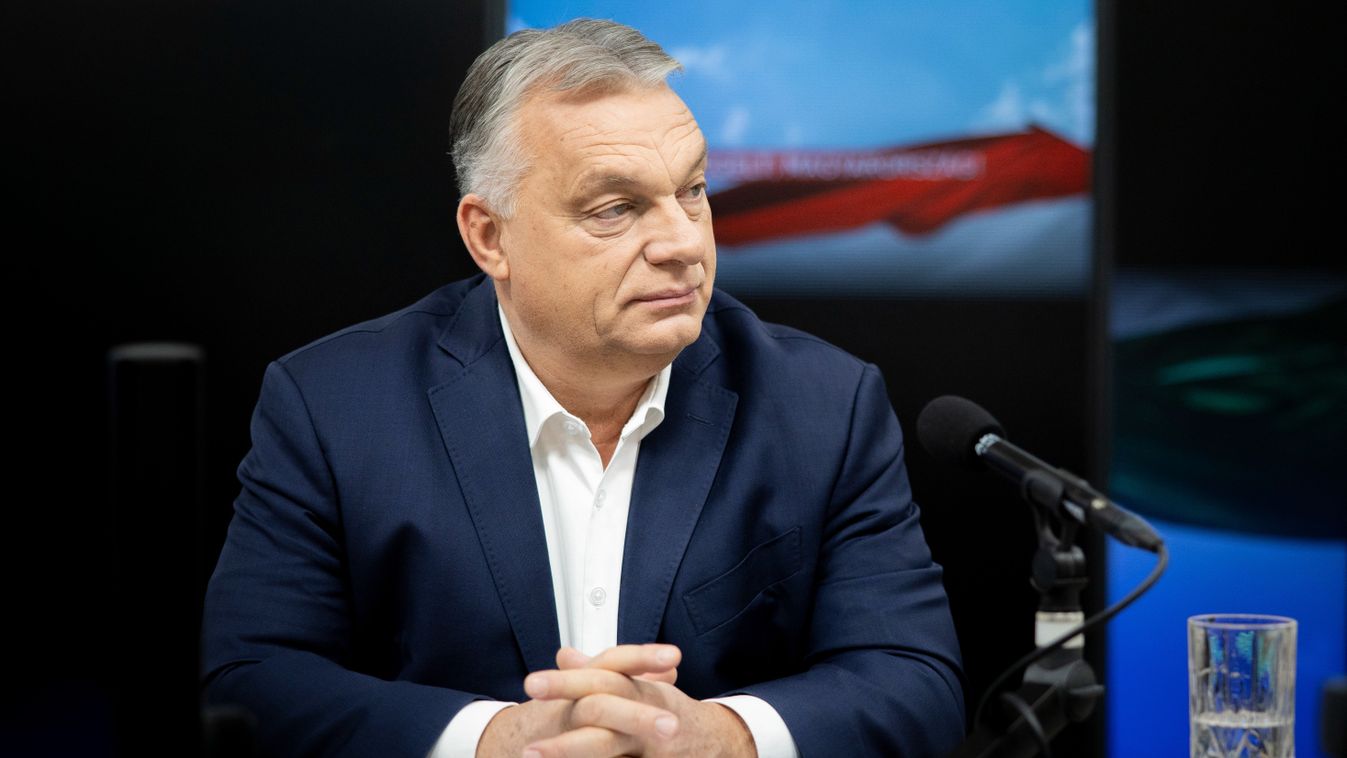
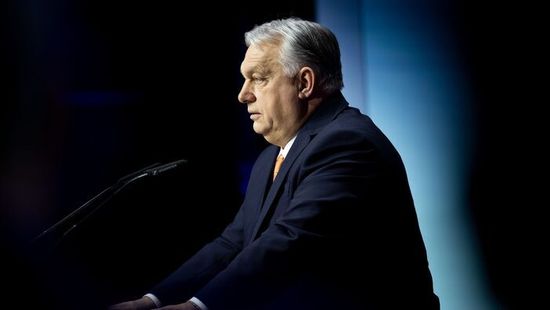
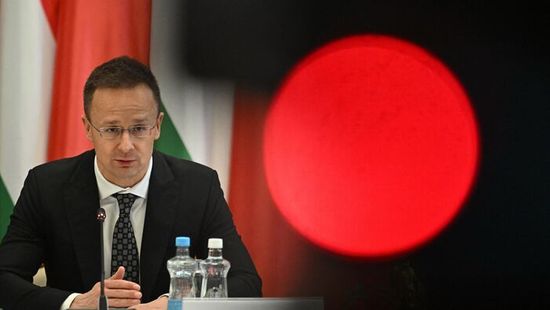
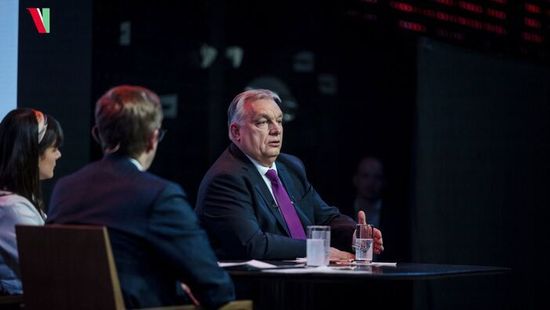
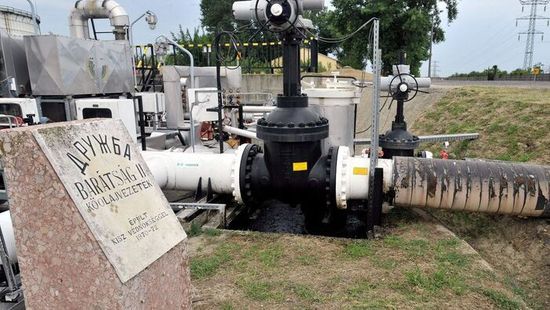

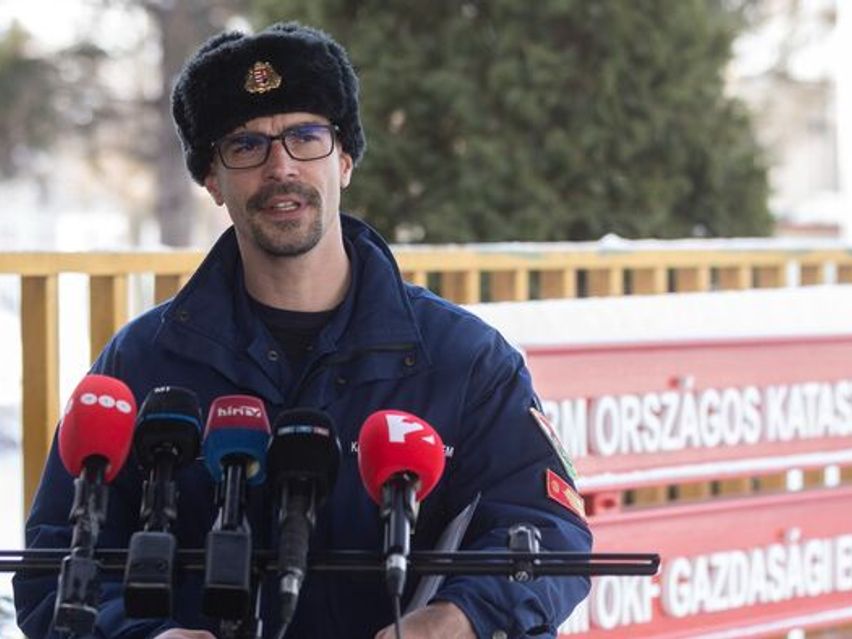


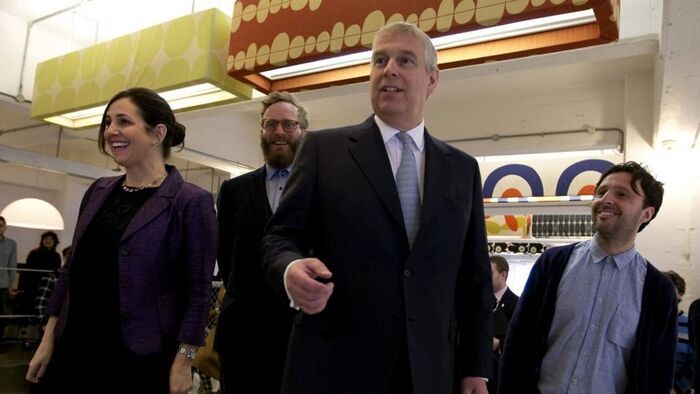

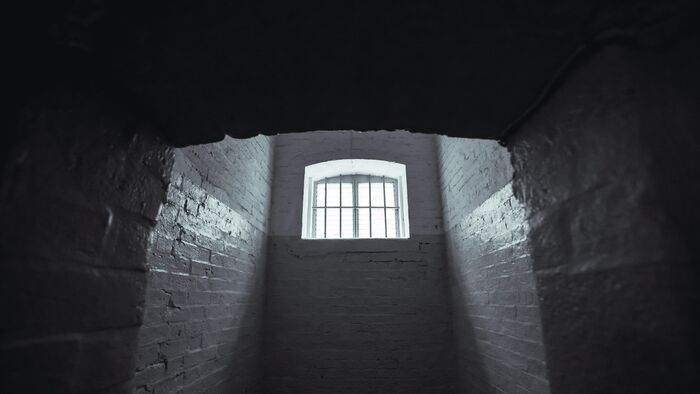
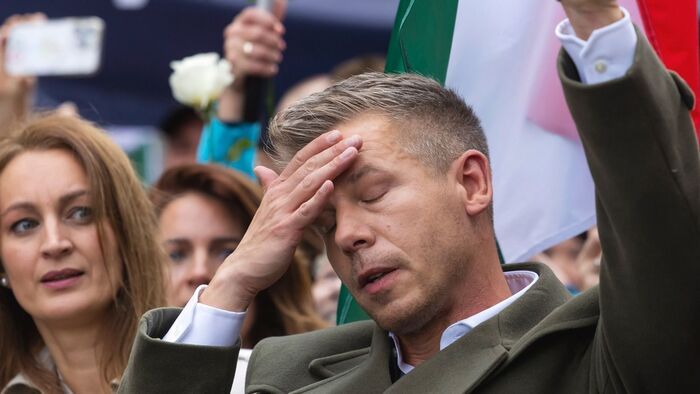
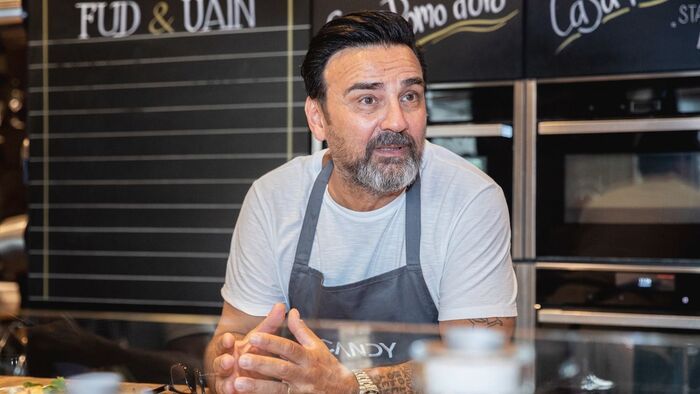
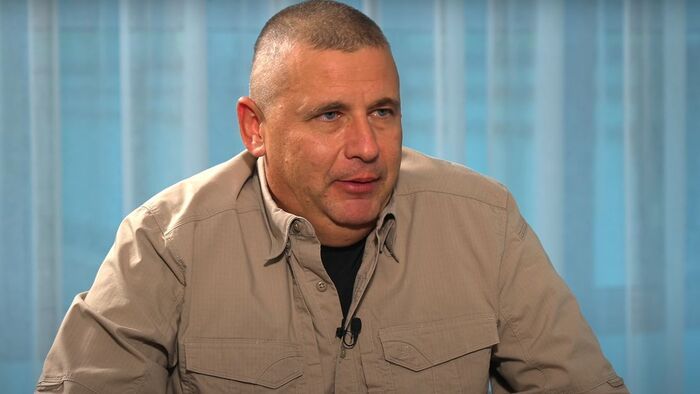
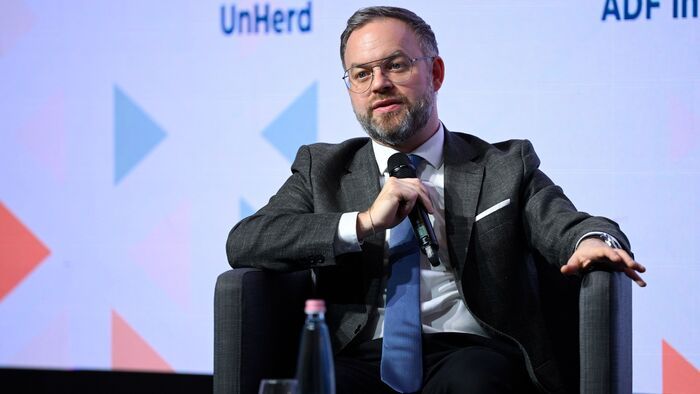
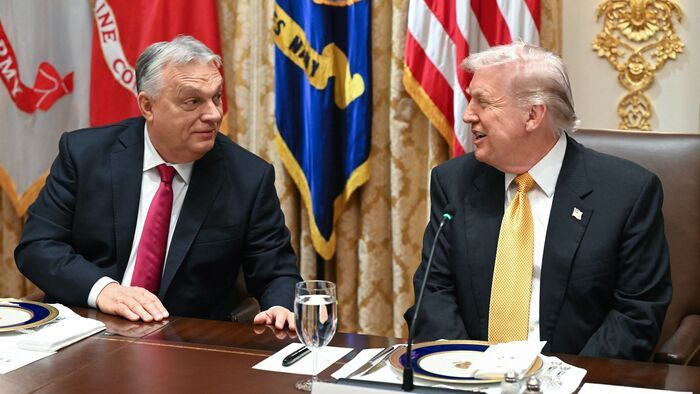
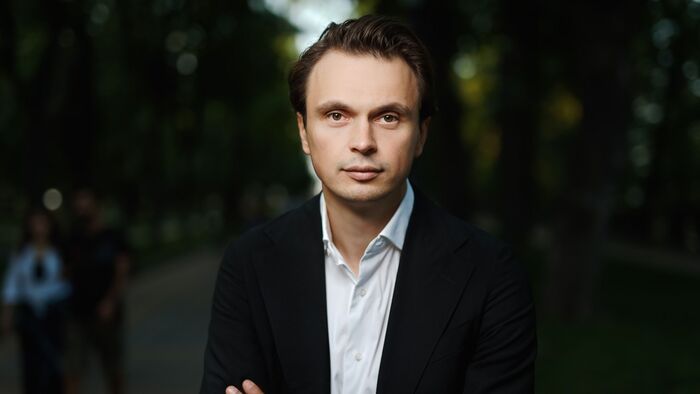




Szóljon hozzá!
Jelenleg csak a hozzászólások egy kis részét látja. Hozzászóláshoz és a további kommentek megtekintéséhez lépjen be, vagy regisztráljon!